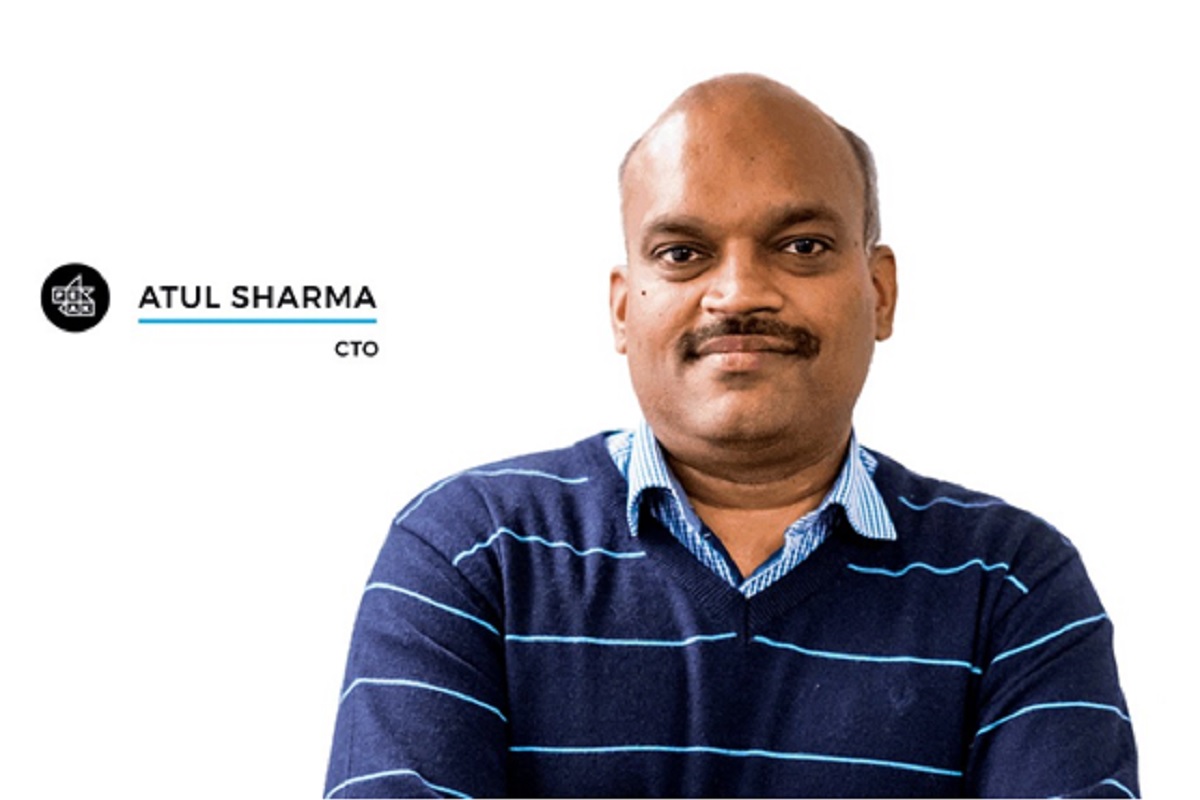Since co-founding Peak in 2014, Atul Sharma (CTO), along with his fellow co-founders Richard Potter (CEO) and David Leitch (CIO), has been instrumental in guiding the business from being one of the UK’s top tech start-ups to a global Decision Intelligence company, securing over $43 million in investment funding in the process.
Peak’s pioneering Decision Intelligence software platform embeds AI across sales, marketing, planning and supply chains to transform decision making and accelerate revenues, profits and sustainability.
Atul has over 20 years of experience in data architecture and data engineering. He has worked on designing and implementing data integration and data warehouse engagements for global companies such as Morrisons Plc, The Economist, HBOS, Admin Re (Part of Swiss Re) and Shell. Alongside co-founding Peak, Atul has built and developed Peak’s best-in-class software engineering team across India and the UK, working with cutting-edge technology to deliver great results for some of the world’s most recognisable brands.
Q. Please tell us about the story of starting up Peak – coming up with the idea, meeting your cofounders, etc.
The idea for Peak was realised in a Manchester bar – the original epicentre of communities, idea exchanges and attitude! Our product was ‘doodled’ on a napkin in the city of dreams – Las Vegas. This first drawing of Peak’s Decision Intelligence software platform now hangs in our office and reminds us that we’ve all come a long way since those early days. We’re really proud that our search for original perspectives, innate curiosity and our ability to reimaging the world, continues to remain at the heart of what Peak is today.
Q. How has been the response from your target users? Please share some numbers that depict Peak’s growth
AI adoption in businesses saw a rapid acceleration in 2020/2021 as companies looked for new ways to boost sales and maximise profits. This is especially true for the many firms prioritising digital transformation in the wake of evolving consumer demands.
This was particularly pronounced in 2020/2021 and led to an increase in the already growing demand for Decision Intelligence. Peak has seen rapid growth over the past 12 months with revenues doubling thanks to new customer wins in Europe, the USA, Middle East and India.
Q. Currently, how big is your team in total? Are you currently hiring, if yes, what roles are you looking for?
Peak is a multinational company with offices in Manchester (UK) and Jaipur – with an office in Pune due to open very soon. At the beginning of 2021, the Peak team was around 170 people globally, and we’re looking to double that number this year. For Jaipur and Pune, we’ll be looking for new hires from across data science and software engineering.
Q. What profiles will you be recruiting for Pune and Jaipur?
Our Series B funding round accelerated our ambitious global expansion to meet strong customer demand in India, with our existing team looking to double in India. As we continue to grow at pace in 2021, we’ll be looking to double our teammates from across software engineering for our Pune and Jaipur spaces. We’ll be hiring software engineers and data scientists at various experience levels, alongside some specialised skills in data and full-stack engineering.
Q. What are your expansion plans for India?
As we look to expand our Jaipur office and open a new office in Pune, we’re also accelerating our partnership programme to help cement our Indian customer base. In the not too distant future, we’ll be broadening our skills base from recruiting mainly engineers and data scientists to hiring roles from across marketing, customer success and HR – we’ll soon have a full commercial hub in India too.
Q. How many employees are currently working from home? Are you looking at some back-to-office strategy?
We value our team because people are what make Peak an amazing company. The physical and mental health of our team is our number one priority, and all of our teammates have been working from home safely. We’re a high tech, high growth AI company and switching overnight to remote working was straightforward for us and our teams’.
At Peak, we have created an environment that fosters sustainable high performance and enables our team to do great work. We are a highly creative, fast paced and innovative business, so our teams love to connect, collaborate and socialise.
So, during the last year, we have continued to invest in the future of our physical spaces in Manchester and Jaipur – they will be workplaces of the future for today, inspired and created with the Peak team front of mind. It’s a place where our teams can choose to spend more time without the pressures and formality of the traditional office. The spaces provide different environments for different phases of work – like cocoons for periods of deep concentration, and stimuli-filled social co-working spaces that promote collaboration. Going forward, we’ll be replicating this model of the future across our Pune space and other global Peak hubs.
Our commitment is to only move forward with reopening spaces, once we’re confident we can safely do so. We look at every available piece of data — including local cases, near- and long-term trends and take guidance from international and locally-based health officials. These decisions will be made with the utmost caution.
Q. How is Peak supporting your team as they work from home?
To support our team and their families, we have brought in a range of wellbeing support tools, including free access to Headspace and Spill. Both provide on-demand meditation services, counselling support, as well as physical wellbeing. We also offer our teams a range of yoga, HITT and kettlebell classes on a weekly basis. Alongside really simple ways for our teams to connect and feel part of our community through weekly stand-ups, organised coffee chats and socials.
Our teams are innately curious problem solvers, so they want to be involved in committees around social and wellbeing to lead the charge on actively participating in strategies that promote both mental and physical wellbeing across teams. People want the opportunity to engage in their own health, well-being and speak up – it’s our role as leaders to facilitate and support those conversations with action.










